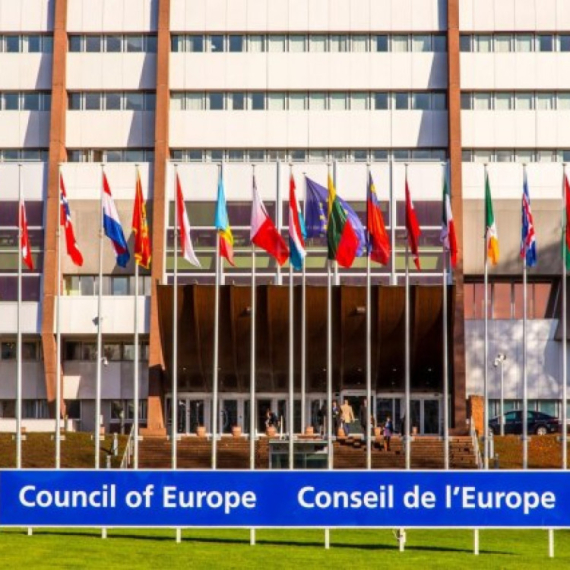EU tells Serbia to drop GMO ban in order to join WTO
The European Commission has told Serbia that it should change its laws on genetically modified organisms (GMOs) in order to join the World Trade Organization.
Thursday, 17.10.2013.
13:02

BRUSSELS The European Commission has told Serbia that it should change its laws on genetically modified organisms (GMOs) in order to join the World Trade Organization. The annual report on Serbia's progress in EU integration presented in Brussels on Wednesday said that the country should as soon as possible "harmonize" its legislation with EU regulations. EU tells Serbia to drop GMO ban in order to join WTO There is a ban in force in Serbia on growing and trading in GMOs, including genetically modified soy, corn, and a series of other food products. A similar ban was in effect in the EU until a few years ago, when it was removed after a dispute with big GMO exporters, the United States and Canada, which filed a complaint with a special WTO panel accusing the union of violating free trade rules. In 2008, the panel ruled that no product should be banned - "unless it was proven beyond dispute that it was dangerous or harmful." Considering that scientist are still debating the long-term effects of GMOs on the human health and environment, the EU allowed these products to be imported provided they underwent "stringent checks" and were clearly labeled. No such limitations are present in the U.S. and many other countries, where genetically modified food is freely sold. The World Trade Organization (WTO) has 157 members, who regulate the area in different ways, but none have a complete ban on GMOs. (Beta/AP, file) Tanjug
EU tells Serbia to drop GMO ban in order to join WTO
There is a ban in force in Serbia on growing and trading in GMOs, including genetically modified soy, corn, and a series of other food products.A similar ban was in effect in the EU until a few years ago, when it was removed after a dispute with big GMO exporters, the United States and Canada, which filed a complaint with a special WTO panel accusing the union of violating free trade rules.
In 2008, the panel ruled that no product should be banned - "unless it was proven beyond dispute that it was dangerous or harmful."
Considering that scientist are still debating the long-term effects of GMOs on the human health and environment, the EU allowed these products to be imported provided they underwent "stringent checks" and were clearly labeled.
No such limitations are present in the U.S. and many other countries, where genetically modified food is freely sold.
The World Trade Organization (WTO) has 157 members, who regulate the area in different ways, but none have a complete ban on GMOs.



































Komentari 12
Pogledaj komentare